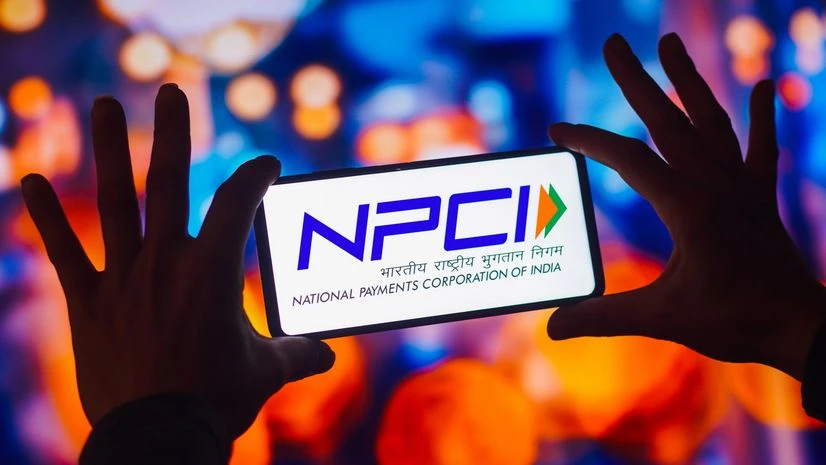India’s umbrella organisation for retail payment systems, the National Payments Corporation of India (NPCI), has reported a surplus of Rs 1,134.31 crore in FY24, up 37 per cent from Rs 828.04 crore in FY23, driven mainly by a surge in income from payment services and other operating income, which includes compliance fees, membership fees, card fees, etc.
Since NPCI is a non-profit company, it does not report profits.
NPCI, which operates the Unified Payments Interface (UPI) platform, earned Rs 2,693.42 crore in FY24, up 36 per cent from Rs 1,971.69 crore in FY23. Additionally, NPCI’s revenues totalled Rs 3,278.66 crore in FY24, up 42 per cent from FY23.
The company derives its revenue primarily from operating retail payment systems in India. It operates various retail payment systems for member banks through its services like the National Financial Switch (NFS), Cheque Truncation System (CTS), Immediate Payment Service (IMPS), RuPay card, National Automated Clearing House (NACH), Aadhaar Enabled Payment System (AePS), UPI, NeTC, BHIM, Aadhaar Payments Bridge System (ABPS), National Common Mobility Card (NCMC), etc.
NPCI is promoted by 10 banks, including State Bank of India, Punjab National Bank, Canara Bank, Bank of Baroda, Union Bank of India, Bank of India, ICICI Bank Limited, HDFC Bank Limited, Citibank N.A., and HSBC. Currently, there are 65 shareholders of NPCI, comprising 11 public sector banks, 18 private banks, 5 foreign banks, 10 co-operative banks, 6 regional rural banks, 4 small finance banks, 1 payments bank, and 10 payment system operators.

)